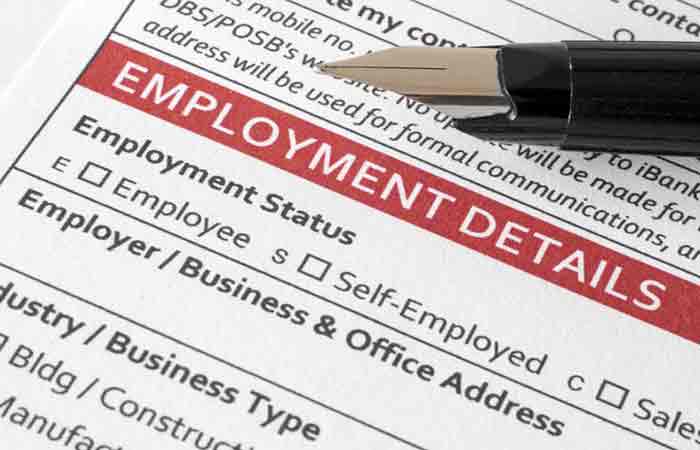 The government has published guidance on employment status that defines the rights and protections employees are entitled to, including pay, leave and working conditions.
The government has published guidance on employment status that defines the rights and protections employees are entitled to, including pay, leave and working conditions.
According to the government, the guidance brings together employment status case law into one place for businesses and workers to access and improve their understanding, enabling informed discussions and helping to prevent employers from attempting to exploit the system.
The guidance has also clarified the rights that gig economy workers are entitled to, such as national minimum wage and paid leave, while retaining the flexibility to take on additional work if they choose. This clarity follows the landmark Uber Supreme Court judgement, which held that gig economy staff qualify as workers and are entitled to core employment protections.
The guidance was published alongside an employment status consultation, in which some respondents asked for clarity around the employment status boundaries, and examples of how to apply the rules to different scenarios.
Business Minister Jane Hunt said: “We are tidying up the rules, helping workers understand their employment rights and find out if they are being treated fairly by their workplace. Importantly, this one-stop shop guidance is not just for workers, it will also give businesses the confidence and the tools to better support their staff, helping to increase productivity and drive growth.”
Shazia Imtiaz, general counsel at the Association of Professional Staffing Companies, added: “Any clarity around employment status, rights and tax is certainly welcome. The changing nature of the temporary and contingent markets, coupled with the roll out of IR35, have led to a wealth of complexities around compliance for the flexible segment of the workforce, and this guidance certainly assists to provide the clarification that was needed. However, the response to the consultation is missing the legislative changes that we had hoped for.”
Susan Ball, UK employment taxes partner and current president of the Chartered Institute of Taxation, said: “While the new guidance includes case studies and checklists, it does not make it any easier to navigate the legal and tax positions of individuals, particularly where businesses think ‘worker status’ applies for employment law, as this category does not exist for tax purposes.”